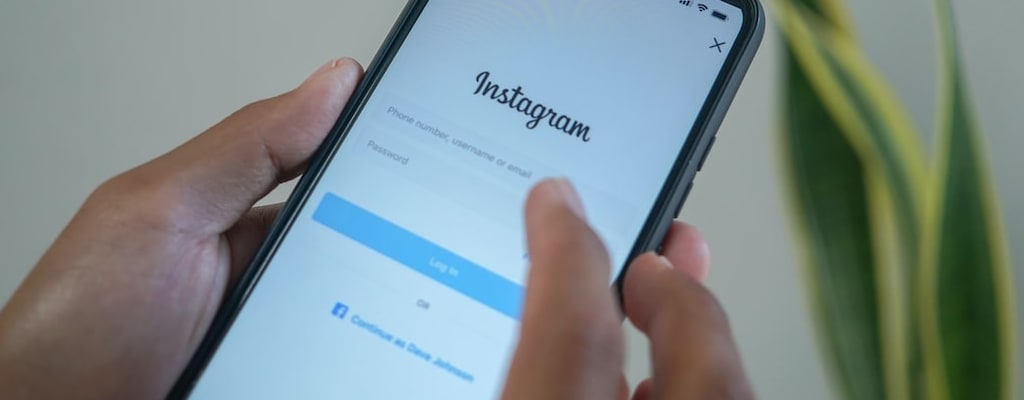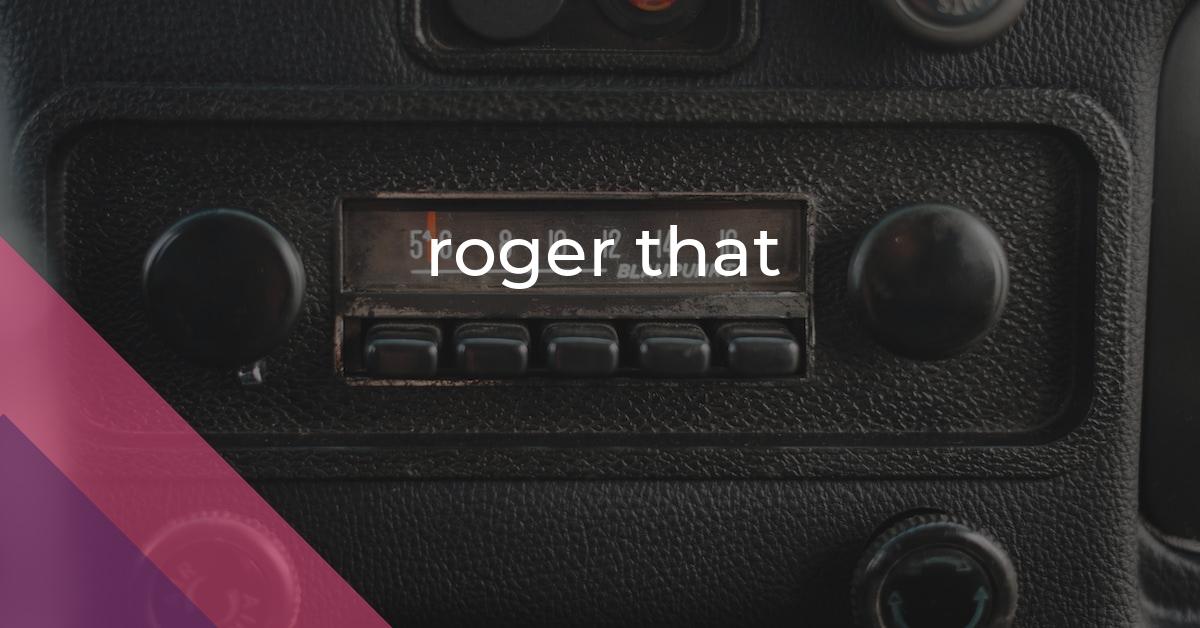roger that: Idiom Meaning and Origin
What does ‘roger that’ mean?
"Roger that" is an idiom used to confirm that a message has been received, understood, and will be acted upon. It originated from military radio communications where "Roger" means "message received" and "that" emphasizes understanding. This idiom is now commonly used in everyday conversations and has a straightforward meaning.

Idiom Explorer
The idiom "there you go" is often used to indicate that something has been understood, completed, or provided. It can also be used to express agreement or approval.
The idiom "rock on" means to continue doing something in an enthusiastic and confident manner, often used as a way to express encouragement or admiration.
"Rocket science" is an idiom used to describe something that is very complex or difficult to understand.
The idiom "ring true" means that something seems genuine or believable.
"Ring a bell" is an idiom that means to sound familiar or to trigger a memory or recognition of something.
The idiom "right on" is used to express agreement or approval with something that has been said or done. It is an informal phrase often used in casual conversations to indicate support or enthusiasm.
The idiom "right away" means immediately or without delay.
The idiom "rest easy" means to feel calm, relaxed, and free from worry or anxiety. It implies a sense of trust or confidence that everything is under control and there is no immediate cause for concern.
The idiom *reality check* means a situation or event that helps someone understand and accept the truth or facts of a given situation.
The Origin of "Roger That"
The idiom "roger that" is closely related to other idioms such as "there you go," "right on," "over and out," and "put it there." These idioms share similarities in their meanings and usage, making them interchangeable in certain contexts.
"There you go" is a phrase often used to express agreement or acknowledgement. Similar to "roger that," it signifies that the speaker understands and accepts the information provided. Both phrases serve as concise responses, implying comprehension and alignment with the sender's message.
"Right on" is another idiomatic expression that aligns with the meaning of "roger that." It is commonly used to indicate agreement or approval, conveying that the speaker agrees with the statement or idea presented. Like "roger that," "right on" is an informal and friendly response that conveys understanding and support.
"Over and out" is an idiom most commonly associated with radio communications. It signifies the end of a conversation or transmission, indicating that the speaker has finished speaking and is signing off. While "roger that" and "over and out" have distinct meanings, they can be used in conjunction to convey understanding and the completion of a message.
The phrase "put it there" is often used as a friendly gesture during a greeting or agreement. It involves extending one's hand for a handshake, symbolizing mutual understanding or agreement. Although the literal action of shaking hands is not present in "roger that," the idioms share a common thread of acknowledging and confirming an agreement or understanding.
"roger that" is a versatile idiom with multiple connotations and nuances. It can signify agreement, understanding, compliance, or affirmation. Similarly, idioms like "there you go," "right on," "over and out," and "put it there" share comparable meanings and usage patterns. While each idiom has its distinct characteristics, they all serve as effective tools for concise communication, emphasizing agreement, acknowledgement, and understanding.
Example usage
1. The captain radioed to a crew member asking if they were ready to set sail and received a response of "Roger that", indicating that they were indeed ready.
2. In a military operation, a soldier called in for backup and received a confirmation from their commanding officer by saying "Roger that" to acknowledge the request.
3. During a flight, the co-pilot informed the pilot about the weather conditions and received a response of "Roger that", indicating that the information was understood and acknowledged.
More "Communications" idioms



